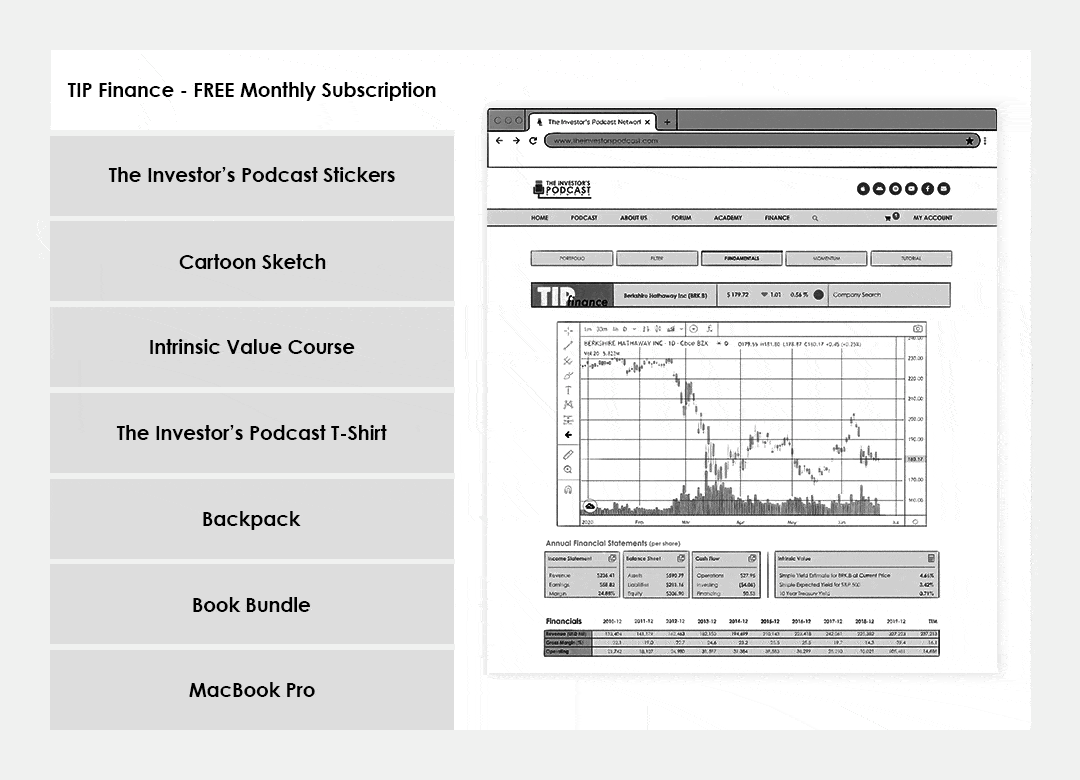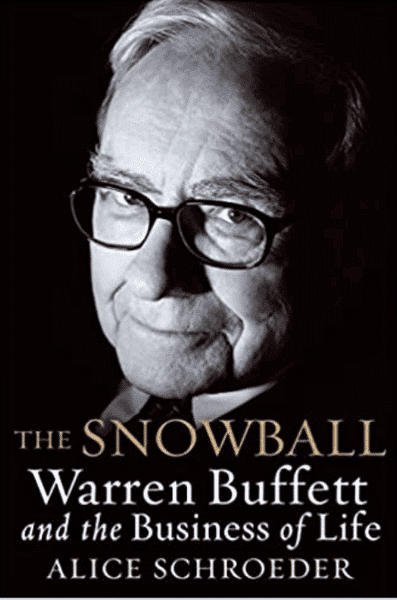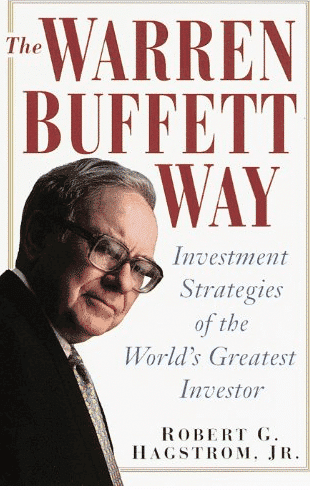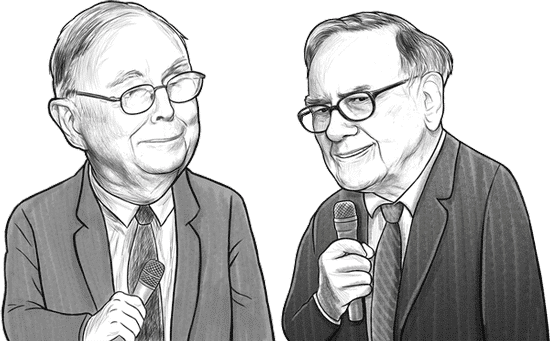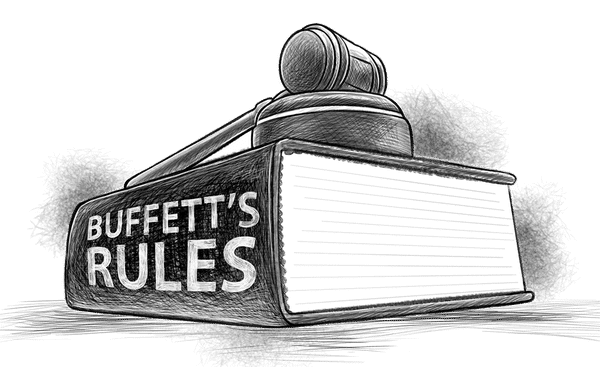No Bid
12 October 2022

Hi, The Investor’s Podcast Network Community!
Welcome back to We Study Markets!
🏴 It’s been a few weeks since events in England first rattled worldwide markets, but the unfolding saga and the Bank of England’s bond market interventions have continued reverberating globally.
Many countries’ central banks may soon face similar challenges as the U.K. as conflicts arise between fiscal and monetary policy.
😱 The Bank of Japan is dealing with its own challenges as its 10-year bonds went “no bid” for the third consecutive day, which means there have been no buyers for the securities.
U.S. stocks wobbled this morning following new inflation data and the release of the Fed’s September meeting minutes.
Here’s the market rundown:
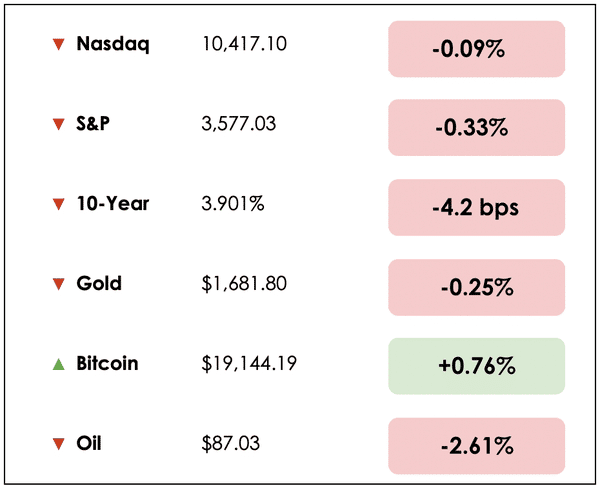
*All prices as of market close at 4pm EST
Today, we’ll discuss the Japanese yen hitting a 24-year low, Janet Yellen’s thoughts on the U.S. economy, the recent numbers from the Producer Price Index report, and our top takeaways from Clay Finck’s most recent episode discussing Warren Buffett’s early years.
All this, and more, in just 5 minutes to read.
Let’s do it! ⬇️
IN THE NEWS
🇯🇵 Yen Falls to New 24-year Low (FT)
Explained:
- The Japanese yen hit a new 24-year low against the dollar, moving past levels that last month prompted Japanese authorities to intervene and strengthen their currency for the first time since the late 1990s.
- The yen has lost more than 20% of its value against the dollar this year.
- Japan’s Prime Minister, Fumio Kashida, said he supports the Bank of Japan’s loose monetary policy, saying its central bank needed to continue with its approach until wages rise.
What to know:
- The Japanese government has already spent $20 billion in September to prop up the yen. However, analysts warn that further interventions will have little effect as long as the interest-rate differential between the Bank of Japan and the Federal Reserve continues to widen.
- Bank of America strategists wrote that “the risk is not significant that the yen weakness becomes truly out of control this cycle.” They noted that the country held $1.2 trillion in foreign reserves at the end of September, the majority, they estimated, are U.S. dollar-denominated assets.
- It’s well worth emphasizing again that Japan’s 10-year bond failed to trade for the third consecutive session on Tuesday, the longest such streak since 1999, and it’s a concerning sign for the health of the country’s sovereign debt markets.
👌 U.S. Economy “Doing Well” According to Yellen (CNBC)
Explained:
- No one can accuse U.S. Treasury Secretary Janet Yellen of being a doom and gloomer. On Tuesday, she said the U.S. economy was “doing very well,” even as rising energy prices, new Covid-19 variants, and the war in Ukraine have battered global markets.
- Yellen is meeting with world finance leaders at the International Monetary Fund (IMF) and World Bank’s annual meetings this week in Washington D.C.
What to know:
- Last week’s jobs report indicated a “very resilient” economy, according to Yellen, but she acknowledged that inflation is too high and that lowering it is a priority for the Biden administration.
- She said companies have manageable debt burdens even with rising interest rates. The Treasury Secretary added that U.S. financial markets are functioning very well and have not seen the signs of deleveraging that often happens in a tight monetary policy environment.
- Yellen said the strength of the U.S. dollar is the “logical outcome” of different global monetary policy stances, and she views the U.S. currency as a safe haven in uncertain times.
Wholesale Prices Rise 0.4% in September (WSJ)
Explained:
- Wholesale prices rose more than expected in September despite Federal Reserve efforts to tamp down inflation, according to a report released today from the Bureau of Labor Statistics.
- The producer price index, which measures the prices suppliers are charging businesses, increased 0.4% in September compared with the Dow Jones estimate for a 0.2% gain.
What to know:
- Inflation has been the economy’s biggest issue over the past year as the rate of cost of living increases is running near its highest levels in more than 40 years.
- The Fed has responded to the challenge by raising interest rates five times this year for a total of 300-basis points (3.0%) and is widely expected to implement a fourth consecutive 75-basis point increase when it meets in November.
BROUGHT TO YOU BY
Enjoy the ups and downs of roller coasters, but not when it comes to your money?
Learn how passive real estate investing can give you the enjoyment of a roller coaster ride without all the ups and downs.
WHAT ELSE WE’RE INTO
📺 WATCH: The Psychology of Money.
👂 LISTEN: Preston Pysh interviews billionaire Michael Saylor.
📖 READ: 10-K Diver’s Twitter thread on P/E.
DIVE DEEPER: THE GREATEST INVESTOR
How did Warren Buffett become the greatest investor ever to live?
To find out the answer to this question, we were excited to see We Study Billionaires’ new host Clay Finck do an in-depth discussion on the influences that molded Buffett.
Clay read The Snowball by Alice Schroeder and The Warren Buffett Way by Robert Hagstrom to form the basis of his insights on Buffett. He says it’s unlikely we’ll become as great as the famous investor, but we can study how he invests and incorporate the useful ideas into our own approach to investing in a way that makes sense to each of us.
By the Numbers
Just how great is Warren Buffett?
On May 10, 1965, Buffett took over the management and control of Berkshire Hathaway (BRK.A), which at the time was a struggling New England textile maker.
From 1965 through 2021, Berkshire’s stock is up 3,641,643%, while the S&P 500 with dividends reinvested during that same period is up just 30,209%. The annualized return on that performance is 20.1% per year for Berkshire Hathaway versus 10.5% for the S&P 500.
Assuming you had the skills to compound money at 20.1% for 56 years as Berkshire did, you would turn a $1000 initial investment into an incredible $28.4 million.
There have been investors that have had higher returns at times, but no one has had the ability to year after year compound capital and consistently beat the market their entire career like Buffett has.
At The Investor’s Podcast Network, we strongly believe in learning from and cloning the ideas of investment legends. With this in mind, we’d like to discuss our top takeaways from Clay’s excellent analysis.
Top Takeaways
- Be obsessed with reading and learning — It’s well-known that the Oracle of Omaha studies up to six hours a day and advises admirers to read 500 pages every day if they want to follow in his footsteps. He says that’s how knowledge works — it builds up like compound interest.His habit of reading voraciously started at a young age. Buffett’s father was a stockbroker, and young Warren spent countless hours at his dad’s office consuming as many books on investing as he could. One book that greatly impacted him was One Thousand Ways to Make $1,000. He had committed at a young age to become very wealthy, and this book helped stimulate his mind to determine what makes for a good business.
- Start compounding early — Buffett’s first business venture was selling packs of chewing gum to his classmates at age six. He soon pivoted to selling bottles of Coca-Cola because of the higher profit margins — he could earn a 20% return on his initial investment.He soon learned the power of compounding money over time which is the key ingredient to his success. As Buffett has said, “My life has been a product of compound interest. Nothing more. Nothing less. And nothing brilliant.”The book said that if you took that $1000 and could earn 10% annually, you’d end up with $10,800 after 25 years. Buffett stashed all of his initial earnings in a desk drawer at home after realizing $1 today could be worth over $10 in the future.Understanding the power of compounding led him to become extremely frugal and mindful of his spending at a young age. It was at this time that he set a goal to become a millionaire by age 3
- Three principles from Graham — After being rejected by Harvard Business School, Buffett began researching other graduate programs and discovered that Benjamin Graham was a professor at Columbia University.Graham wrote The Intelligent Investor, which Buffett had re-read several times and considered essential to understanding the stock market. He enrolled at Columbia to study under Graham and picked up three main principles from him.First, a stock is the right to own a little piece of a business. It’s not a blip on a screen that investors just trade in and out of. It’s actual ownership in a real business.Second, always ensure a margin of safety in your investments. Graham wanted to buy companies whose stock was selling well below its intrinsic value. A wide margin of safety serves as a buffer to protect against overpaying for an asset.Third, Mr. Market should be treated as your servant, not your master. Mr. Market offers new prices every day. From time to time, he will offer a chance to buy at very low prices and other times to sell at a high price. Taking advantage Mr. Market’s moods is critical for long-term investing success.
- Meeting Munger — At the age of 26, Buffett moved back to Omaha after working under Graham and structured a partnership to allow family and friends to invest with him. At the time, he was worth $174,000 and didn’t deviate from Graham’s strategy of buying the cheapest stocks he could find — cigar butts that still had a few puffs left in them.
Then, at age 29, he met Charlie Munger. They clicked and became instant friends based on a shared love of reading and investing. Munger was a lawyer but wanted the freedom of financial independence to do whatever he wanted.
Munger understood Buffett’s strategy of buying cheap, undervalued stocks, but he was much more interested in investing in great companies. He wanted to learn about a company’s intangible assets, such as the strength of management, the brand durability, or how someone else could compete with them.
Munger felt Graham’s approach was quite pessimistic about the potential of the U.S. economy and incredibly conservative. Buffett himself was very optimistic about America’s future, and Munger felt his investment strategy should reflect that and urged him to consider buying high-quality growth companies.
- Wonderful companies at a fair price — In 1964, Buffett started coming to Munger’s line of thinking regarding investing in great companies and purchased American Express after the market had severely punished it.
Buffett learned from Graham that when a strong company sells below its intrinsic value, you must act decisively. The American Express position tripled in price during the following two years.
Another person that influenced Buffett to buy high-quality companies was Phil Fisher. Fisher believed that superior returns could be made by investing in companies with above-average earnings potential with highly competent management.
As Buffett has famously said, “it’s far better to buy a wonderful company at a fair price than a fair company at a wonderful price.”
Buffett also adopted ideas from Fisher about portfolio diversification. Fisher felt a concentrated portfolio of businesses that you know very well is a far better approach than Graham’s method of buying many stocks to hedge his bets.
One of the main tenets of value investing is only to buy companies you truly understand within your circle of competence. Holding too many stocks makes it extremely difficult to understand every business thoroughly, and unless you do, a large market drawdown will likely shake you out of your position.
Go Deeper
I (Patrick) really enjoyed listening to Clay’s review of Buffett’s early years and am looking forward to Part 2 of the conversation, which will be released next Monday, October 17th.
In the meantime, I’d highly recommend learning from one of the all-time greatest investors to have ever lived and listening to Part 1.
SEE YOU NEXT TIME!

That’s it for today on We Study Markets!
See you later!
If you enjoyed the newsletter, keep an eye on your inbox for them on weekdays around 6pm EST, and if you have any feedback or topics you’d like us to discuss, simply respond to this email.


